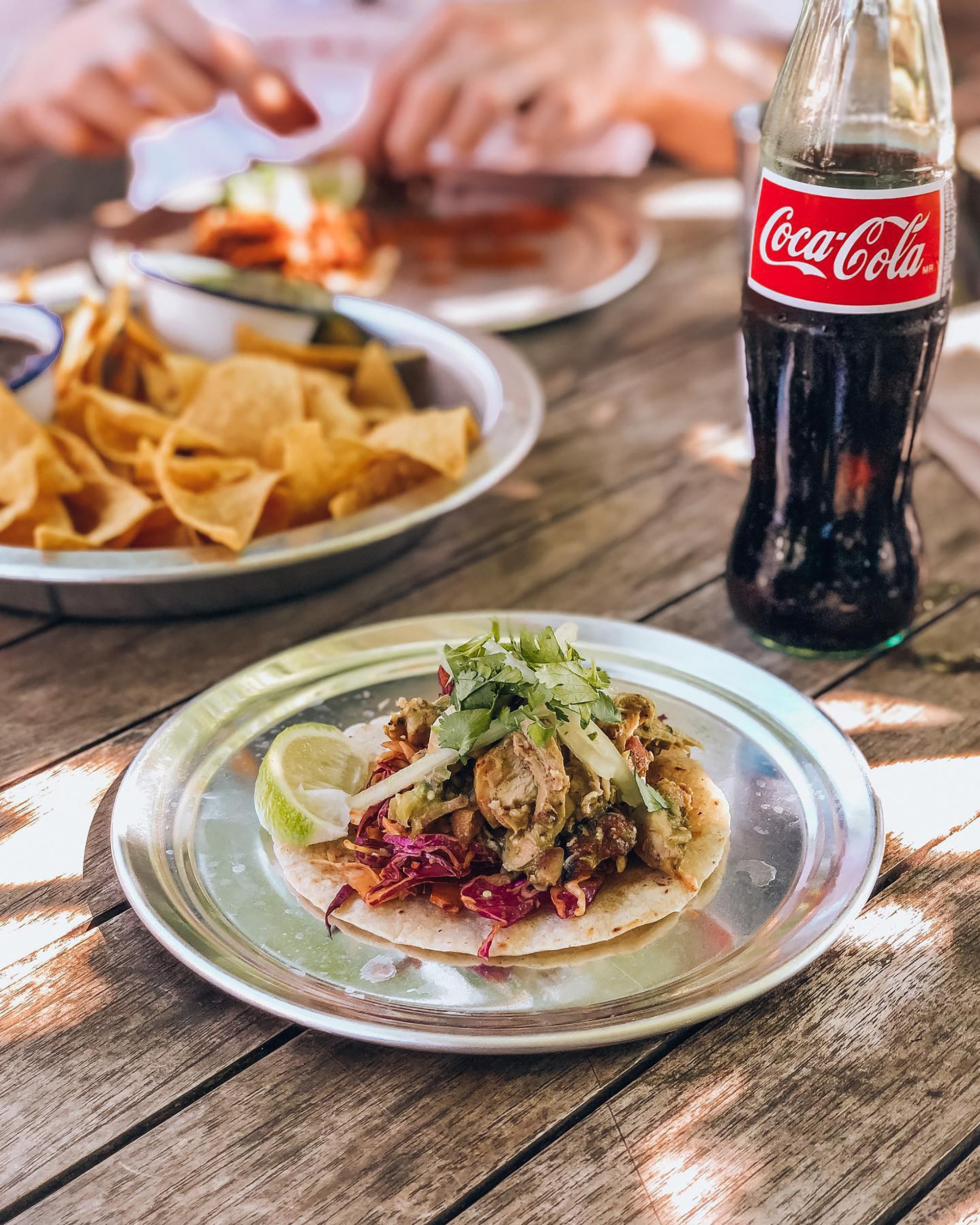Gluten-free has become a buzzword in the world of health and wellness. From celebrities to athletes, it seems like everyone is cutting gluten out of their diets. But what exactly is gluten, and why has it become such a big deal? In this article, we will explore the gluten-free revolution and how a dietary restriction has become a lifestyle.
First, let’s start with the basics. Gluten is a protein found in wheat, barley, and rye. For some people, consuming gluten can cause a range of health problems, from mild discomfort to serious medical conditions. Celiac disease, for example, is an autoimmune disorder that causes damage to the small intestine when gluten is consumed. Other people may have gluten sensitivity, which can cause symptoms like bloating, diarrhea, and fatigue.
As awareness of these conditions has grown, so too has interest in gluten-free products. The gluten-free market has exploded in recent years, with everything from bread and pasta to beer and desserts now available in gluten-free versions. This has been a game-changer for people with celiac disease and gluten sensitivity, who previously had limited options when it came to food.
But the gluten-free movement has also gone beyond medical necessity. Many people now see gluten-free as a lifestyle choice, whether it’s for weight loss, improved digestion, or simply to be part of a trend. In some cases, people have even claimed that going gluten-free has cured their acne, arthritis, and other health issues.
This has led to some controversy, with some experts warning that gluten-free diets can be unhealthy if not done properly. For example, many gluten-free products are highly processed and can be low in nutrients like fiber and vitamins. And for people who don’t have a medical need to avoid gluten, cutting it out entirely can be unnecessarily restrictive.
Despite these concerns, the gluten-free revolution shows no signs of slowing down. In fact, many restaurants and food manufacturers are now offering gluten-free options as a standard part of their menus. And for people with celiac disease and gluten sensitivity, this increased availability of gluten-free products has been a welcome relief.
But what does the future hold for the gluten-free movement? It’s hard to say for sure, but one thing is clear: gluten-free is no longer a niche market. With more and more people adopting a gluten-free lifestyle, it’s likely that we will continue to see innovation and growth in the gluten-free industry.
At the same time, it’s important to remember that not everyone needs to avoid gluten. For most people, gluten is a harmless protein that is part of a healthy, balanced diet. So while the gluten-free revolution may have its benefits, it’s also important to be mindful of the risks and limitations of this dietary restriction.
In conclusion, the gluten-free revolution is a complex and multifaceted phenomenon. For some people, avoiding gluten is a medical necessity that can improve their health and quality of life. For others, it’s a lifestyle choice that has become a symbol of health and wellness. Whatever your reasons for going gluten-free, it’s important to do so with a balanced and informed approach, and to remember that there is no one-size-fits-all solution when it comes to nutrition and health.










